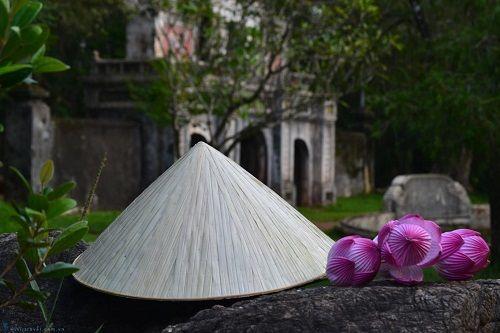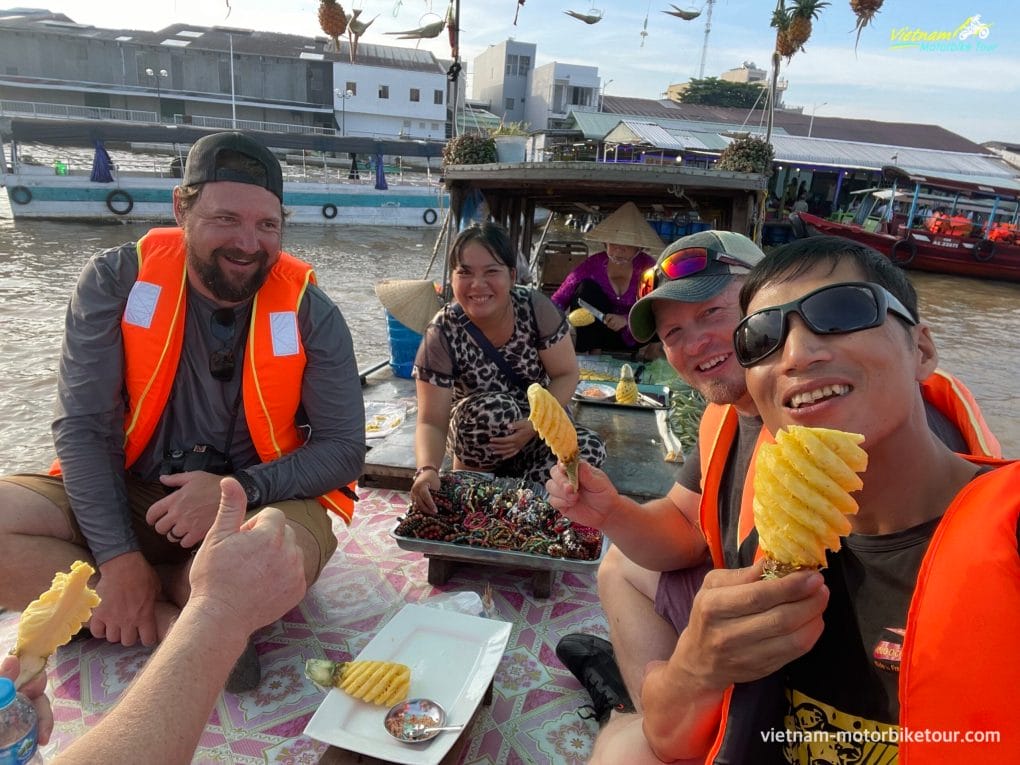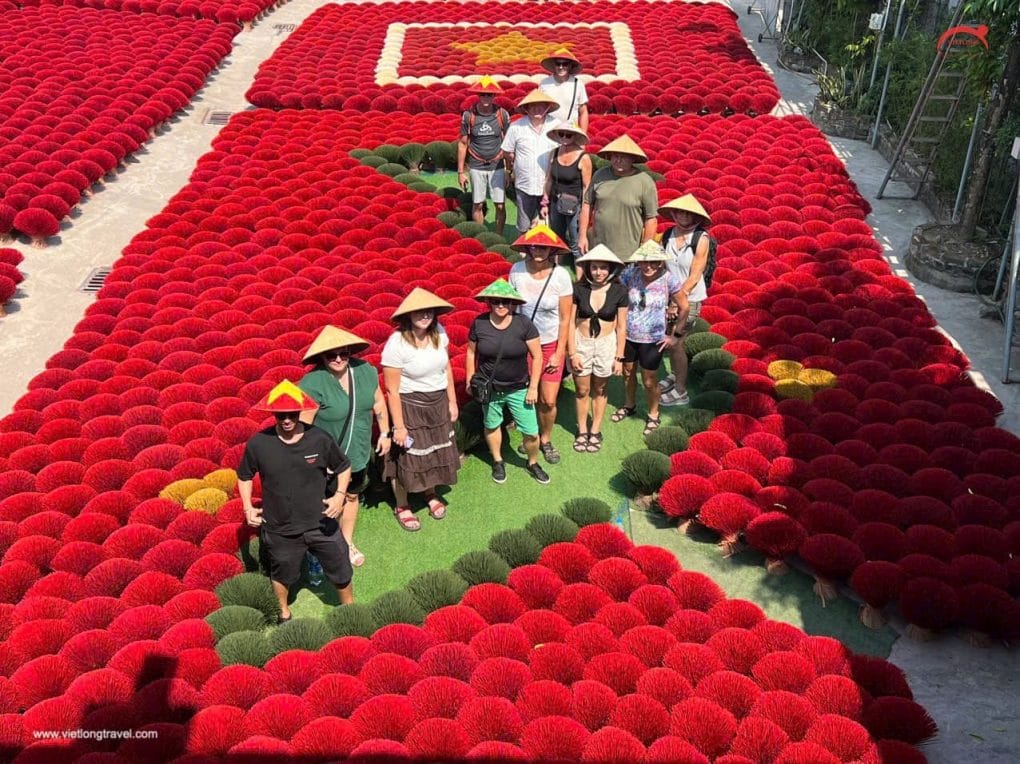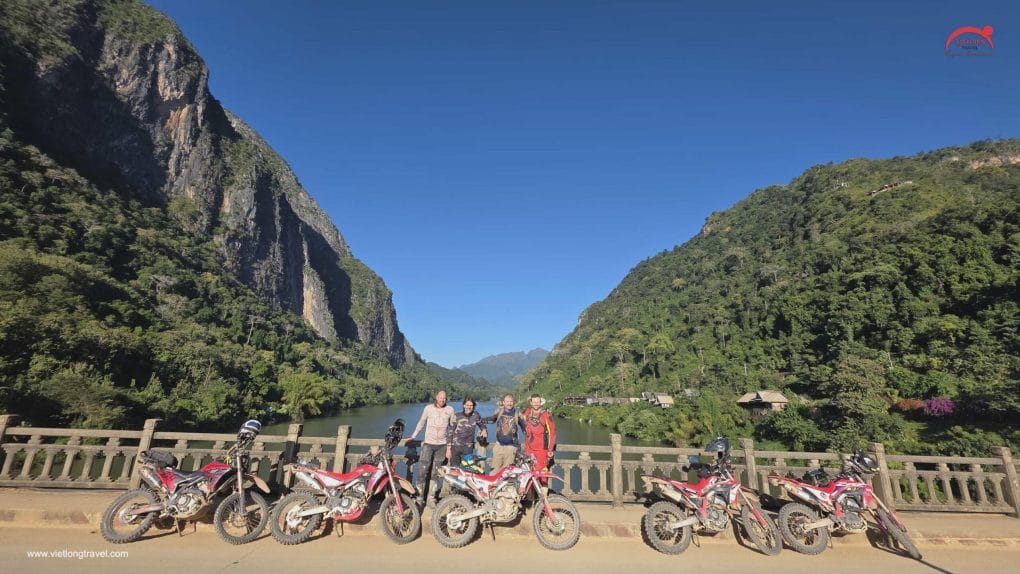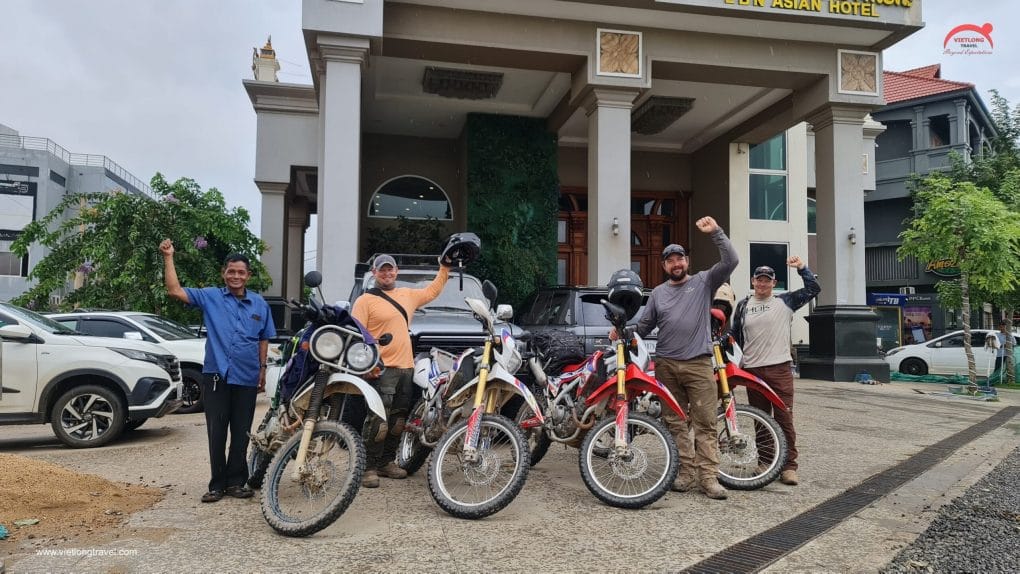Vietnamese culture is rich with traditions, history, and values that resonate deeply with those connected to it. For Vietnamese expats and overseas Vietnamese, maintaining a link to their roots is more than a nostalgic endeavor—it’s a way to preserve identity, foster a sense of belonging, and build connections across generations. As many Viet Kieu (a term often used to describe Vietnamese living abroad) navigate life in new countries, reconnecting with their cultural heritage becomes an essential part of their journey.
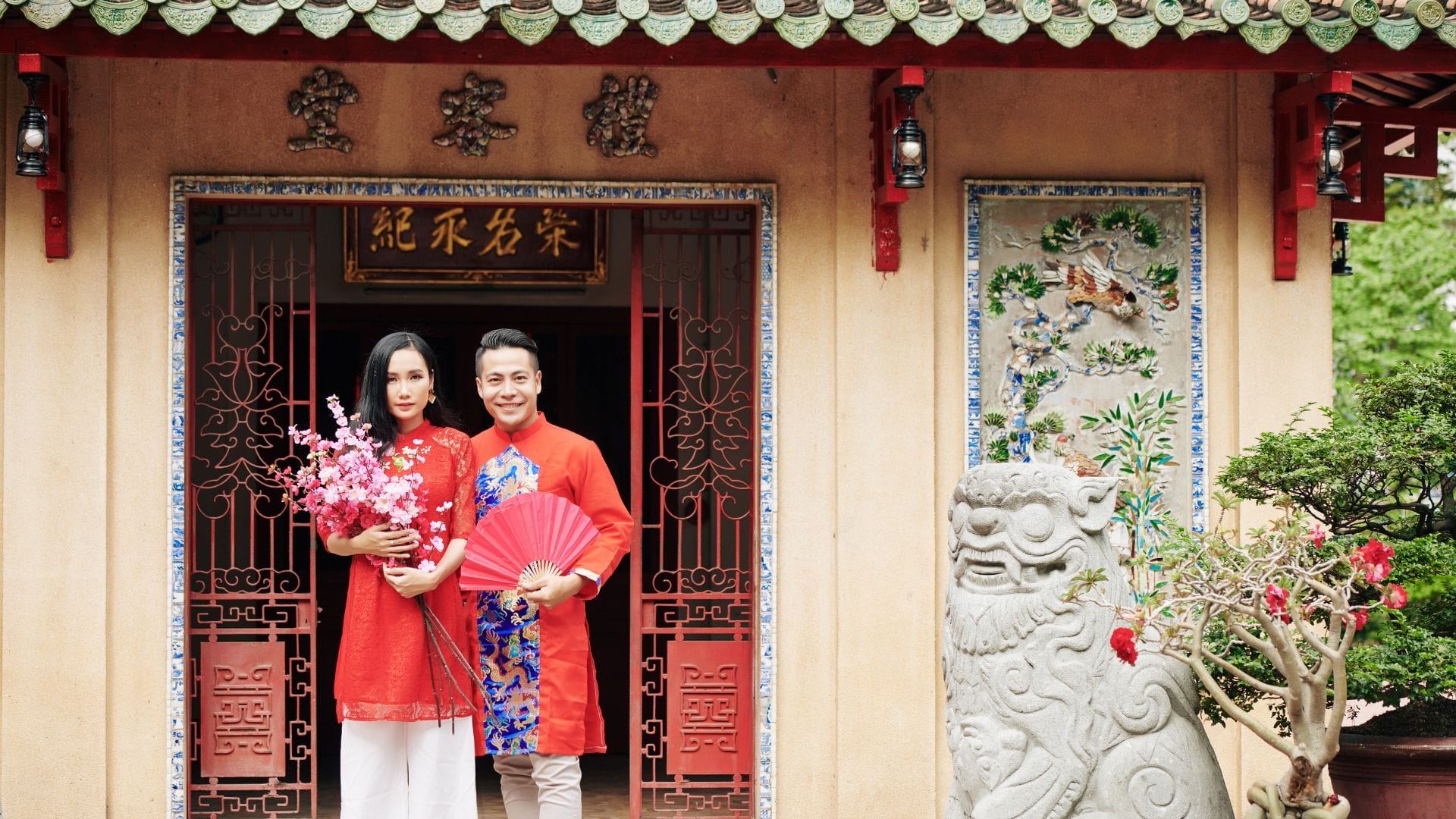
The Significance of Cultural Reconnection for Vietnamese Expats
For Vietnamese expats visiting their homeland, reconnecting with their cultural heritage can be a transformative experience. Living abroad often means adapting to new cultures and lifestyles, which can sometimes lead to a disconnection from one’s roots. By returning to Vietnam, expats can immerse themselves in the traditions, language, and values that define their identity.
Cultural festivals, traditional family gatherings, and local rituals offer overseas Vietnamese an opportunity to experience first-hand the richness of their heritage. Events like the Tet festival, the Mid-Autumn Festival, and other cultural celebrations are not just holidays but are essential touchpoints that remind the Viet Kieu of their ancestry and cultural values.
Strengthening Family Bonds
One of the most compelling reasons for Viet Kieu returning to Vietnam is the chance to strengthen family ties. Family is a cornerstone of Vietnamese culture, and returning home allows expats to reconnect with parents, grandparents, and extended family members. This connection is crucial, especially for younger generations born abroad, who might have limited exposure to Vietnamese customs and traditions.
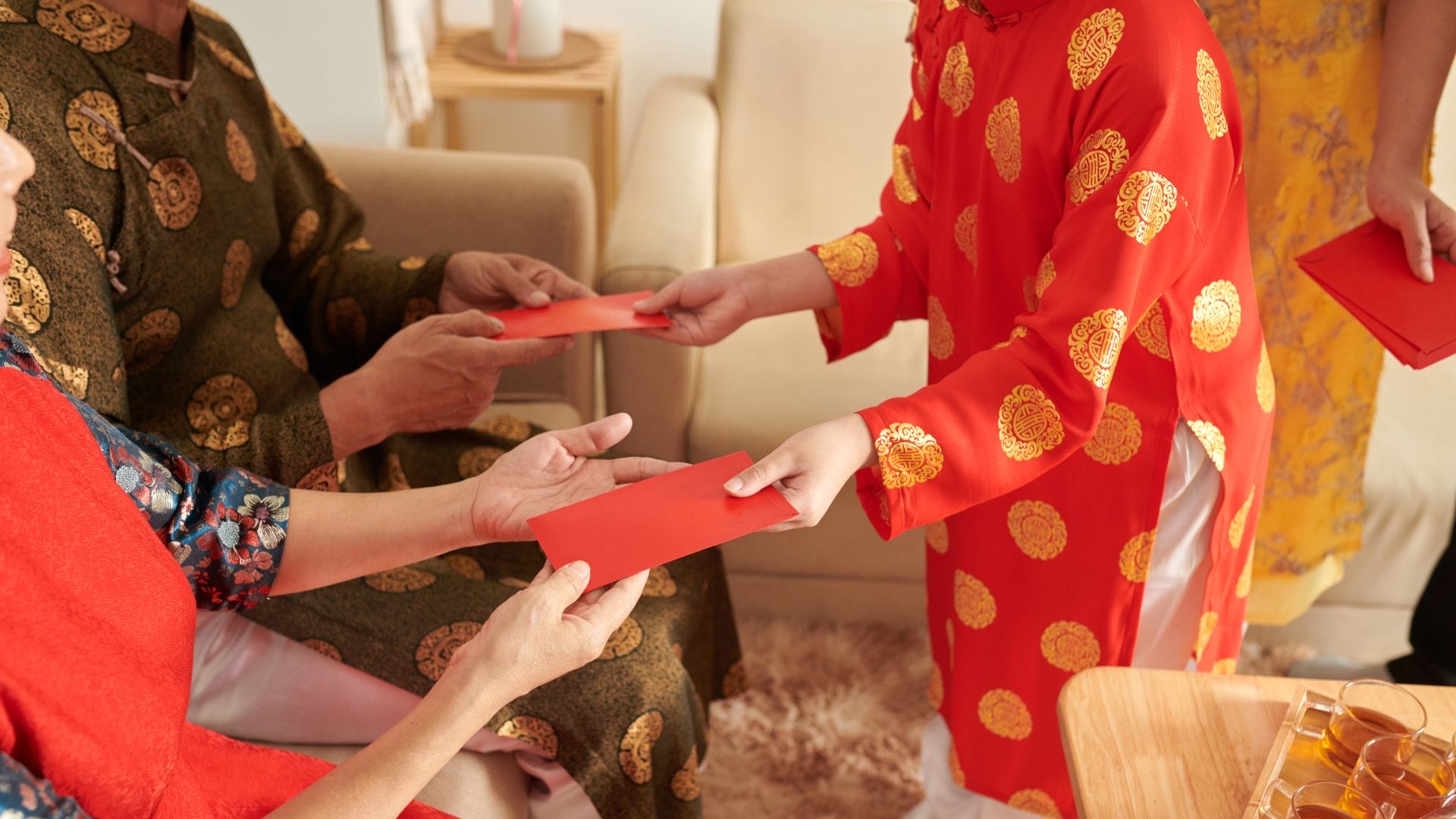
Visiting ancestral homes, participating in family rituals, and hearing stories from older relatives help Viet Kieu understand their lineage. These experiences are invaluable for preserving family history and passing on cultural knowledge to future generations.
Preserving Language and Traditions
Language plays a vital role in maintaining cultural identity. For many Vietnamese expats, speaking Vietnamese can fade over time due to daily life in a non-Vietnamese-speaking country. Returning to Vietnam provides a unique opportunity to engage in the language, improve fluency, and understand nuances that can’t be learned from books alone.
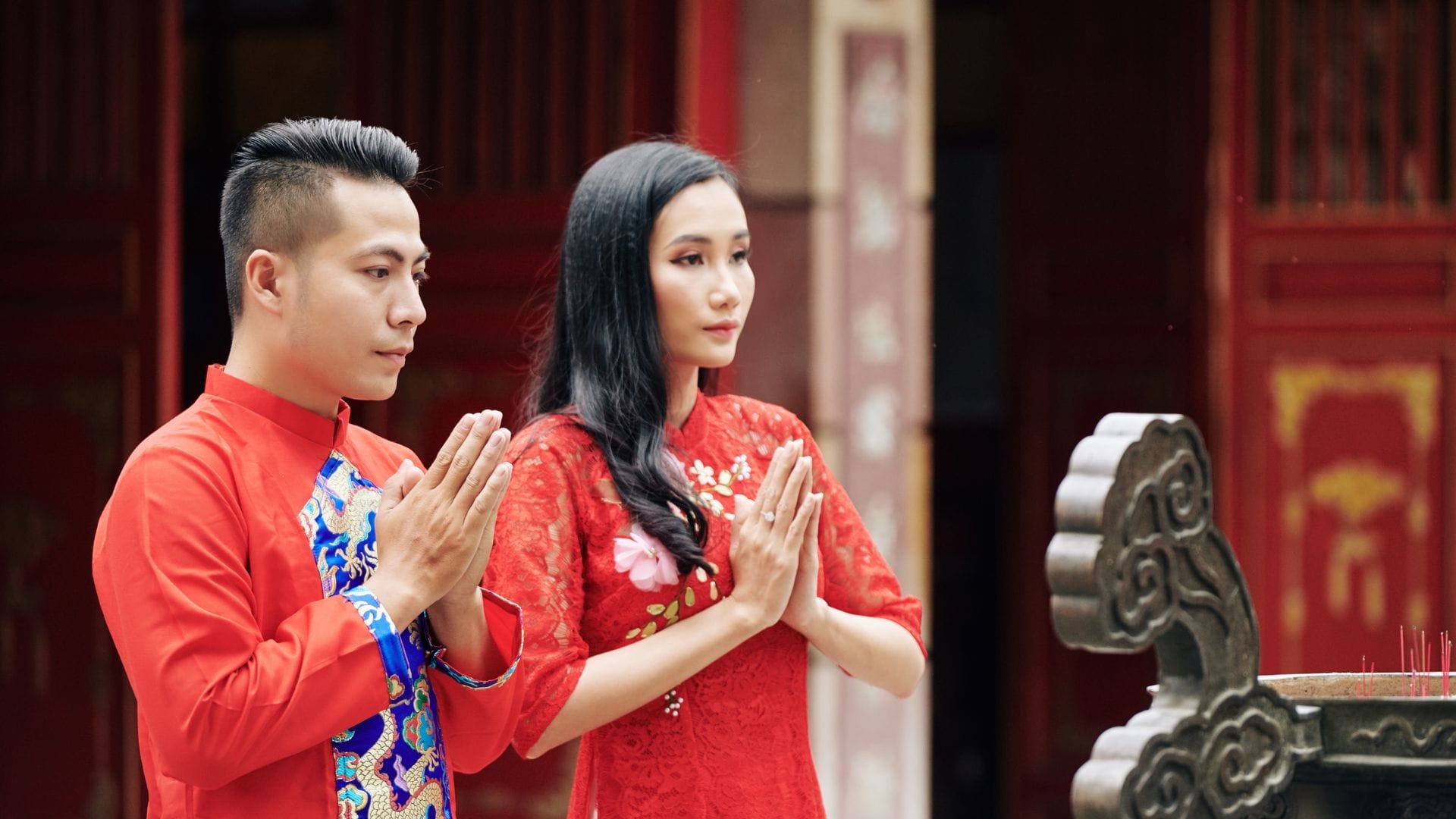
Engaging with local traditions—whether it’s learning how to cook traditional dishes, participating in ancestral worship, or simply practicing everyday customs—helps to reinforce cultural identity. These interactions make the experience of visiting Vietnam more meaningful and create lasting memories that enrich one’s sense of self.
Rediscovering Identity and Belonging
For overseas Vietnamese, reconnecting with their cultural heritage often goes beyond individual fulfillment—it’s about rediscovering a sense of belonging. Living between two cultures can sometimes create a feeling of being “in-between,” but a visit to Vietnam helps to bridge this gap. It allows expats to experience Vietnam’s evolving landscape while simultaneously reconnecting with its historical roots.
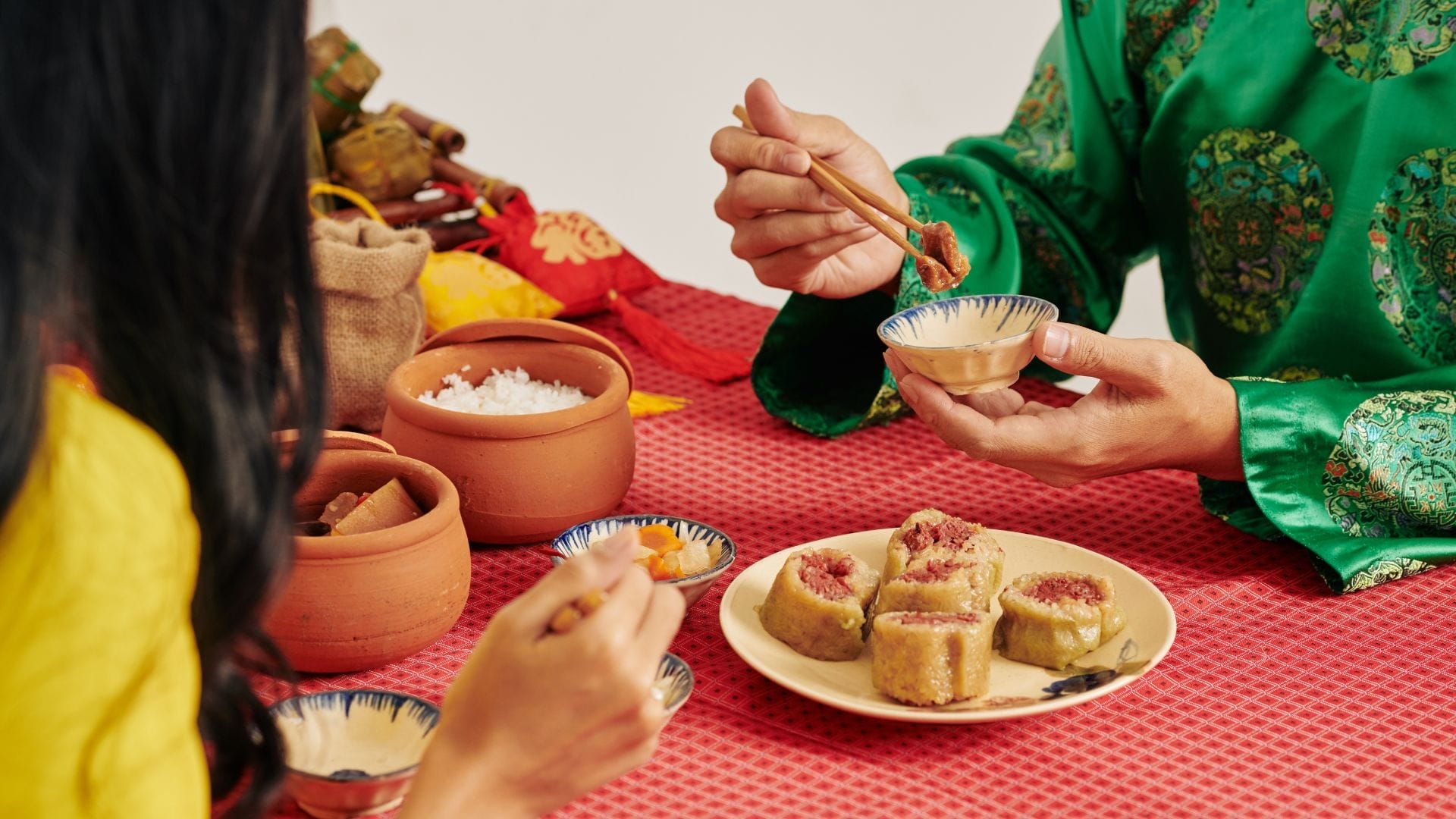
This journey can also have a profound impact on mental well-being. Knowing where you come from can instill confidence, pride, and a deeper appreciation for one’s background. It also fosters a community among Viet Kieu, as shared experiences of cultural reconnection create bonds that transcend geographical boundaries.
Empowering Future Generations
By visiting their homeland, Vietnamese expats set an example for their children and future generations. It empowers younger family members to value their heritage, even when living far from it. These trips often become defining moments that inspire a lifelong appreciation for Vietnam and its culture.
FAQs: Frequently Asked Questions
Why do Vietnamese expats visit their homeland?
Vietnamese expats often visit their homeland to reconnect with family, experience cultural traditions, and preserve their sense of identity. It’s a chance to immerse themselves in their heritage.
What are the best times for overseas Vietnamese to visit Vietnam?
The best times for overseas Vietnamese to visit Vietnam are during major cultural festivals like Tet (Lunar New Year) or the Mid-Autumn Festival, which offer rich cultural experiences.
How can Viet Kieu maintain their cultural heritage while living abroad?
Viet Kieu can maintain their cultural heritage by speaking Vietnamese, participating in cultural events, visiting Vietnam, and engaging with Vietnamese communities abroad.
Why is reconnecting with cultural heritage important for Vietnamese Americans?
Reconnecting with cultural heritage helps Vietnamese Americans preserve their identity, foster family bonds, and understand their cultural roots, providing a sense of belonging.
How can Vietnamese expats benefit from visiting their ancestral villages?
Visiting ancestral villages allows Vietnamese expats to learn about their family history, participate in traditional customs, and strengthen connections with their heritage.
Embark on a cultural journey with our tour to rediscover Vietnam’s heritage, connect with family, and explore the traditions that define your roots.
Book your trip today!






